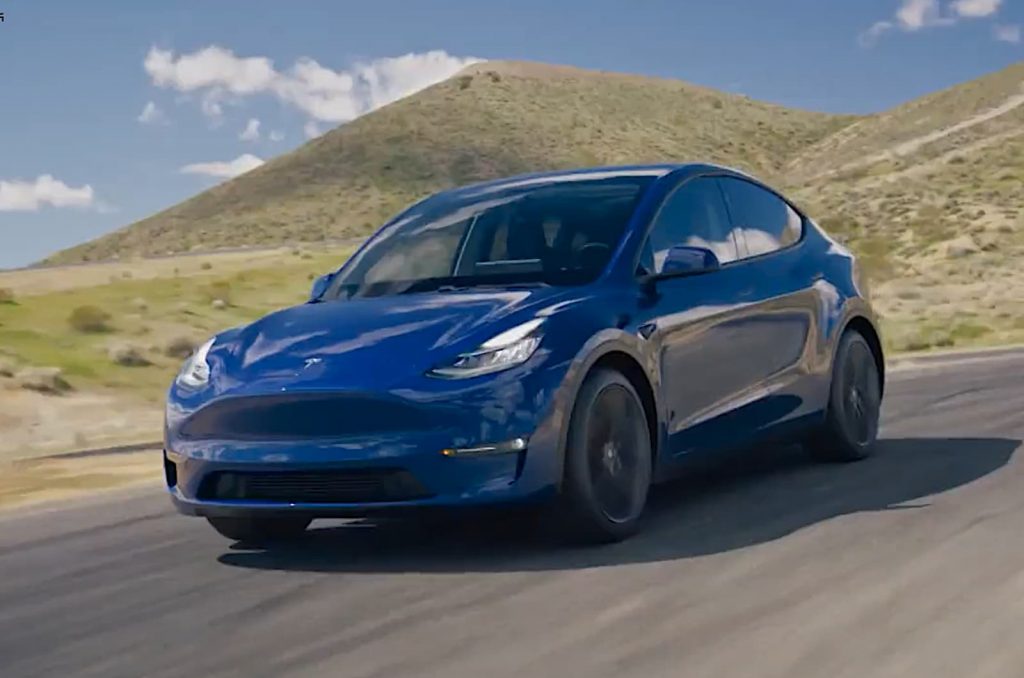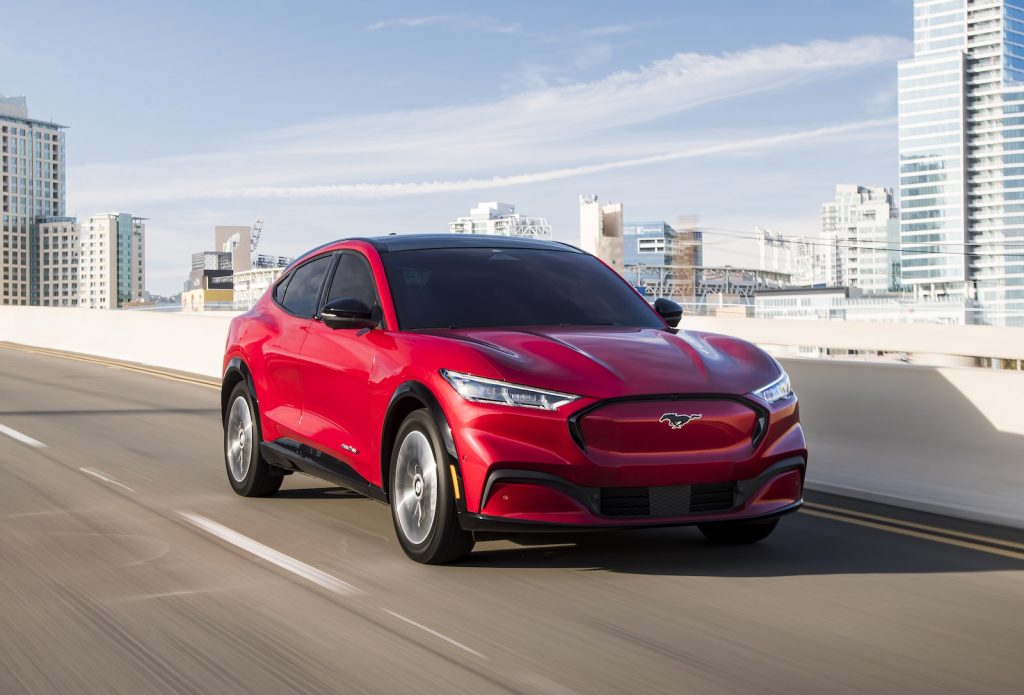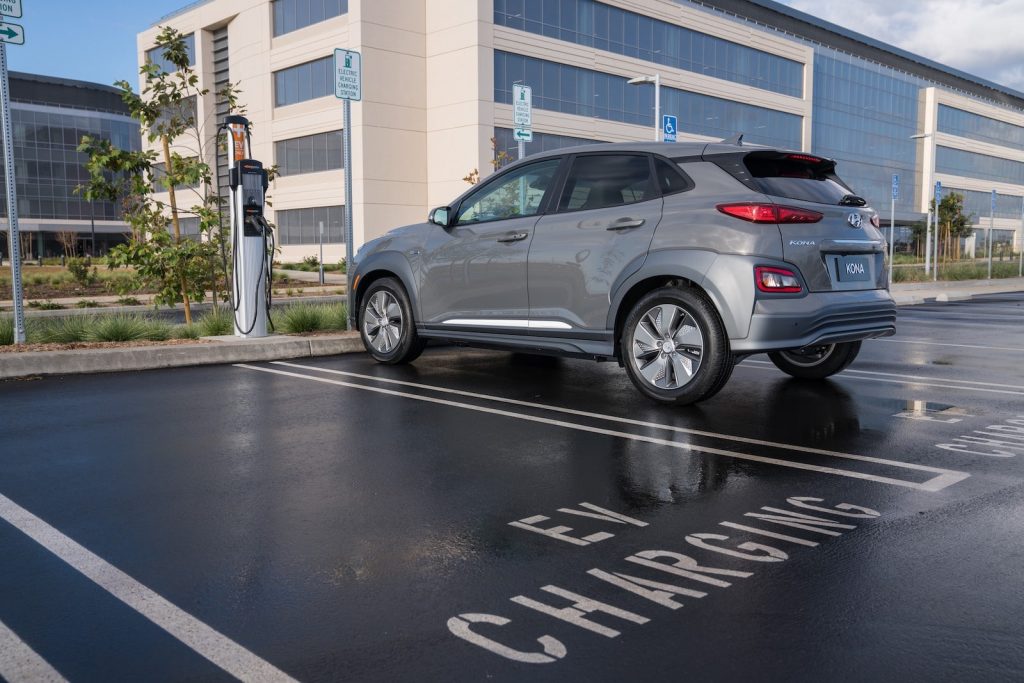The surge in demand for new vehicles has been driven by trucks and crossovers — and electric vehicles.

New data from Experian reveals that new vehicle registrations for electric vehicles are up 95% during the first four months of 2021. The entire market isn’t languishing as its up 36% overall. The jump pushed the market share for EVs to 2.3% — a jump from 1.6% for the same period in 2020, Automotive News reported.
Surprisingly, not every maker is enjoying the stratospheric rise. Tesla Inc., the top seller of electric vehicles around the world, saw registrations decline on three of its four vehicles during the period. Only the Model Y rose, much of that attributed to the fact it had just begun production at the end of last February.
According to Experian, Model Y sales jumped from 2,260 during the first four months last year to 53,102 units for the same time this year — a 71% jump. Once the company’s best-selling vehicle, the Model 3 is down 12% and the Model S and Model X are down 63% and 75% respectively.
Not all bad news for Tesla

Despite three quarters of its line-up losing sales, it still accounts for the top two selling EVs in the U.S.: Model Y (53,102) and Model 3 (35,468). The S and X are No. 9 and No. 10 vehicles on the list, which is below:
- Tesla Model Y
- Tesla Model 3
- Chevrolet Bolt (13,611)
- Ford Mustang Mach-E (6,104)
- Nissan Leaf (5,023)
- Audi e-tron (4,321)
- Porsche Taycan (3,002)
- Hyundai Kona (2,192)
- Tesla Model X (1,730)
- Tesla Model S (1,633)
In all, 133,509 EVs were sold through April and 126,186 of those came from the top 10 vehicles. The e-Golf saw registrations decline, but production of the vehicle ended last year.

Where are the EV buyers?
Unsurprisingly, California was the leader, accounting for 38% of EV registration. However, that number is down from 45% from the same period in 2020 — despite a 64% jump in the number of vehicles registered through April.
Other warm weather states, Florida and Texas, took the No. 2 and No. 3 spots in registrations at 7.2% and 5.9 percent. That said, California is helping to lead the way to the overall increase, according to Experian.
In the first quarter — excluding April results — electrics accounted for 7.53% of all vehicles sold in California. For all other states, it was 1.6%. The firm also noted that EV buyers are more likely to buy another one when they buy a new vehicle — and that loyalty is rising.
Among luxury brands, 65% of EV owners bought another in 2018. That figured jumped to 71.8% in 2020. In mainstream vehicle brands, 53.9% bought another EV in 2018. That number jump nearly 10% in 2020 to 63.7 percent.








The trends, loyalty and all, are interesting, but you do mean the entire market isn’t languishing as it’s up 36% overall.